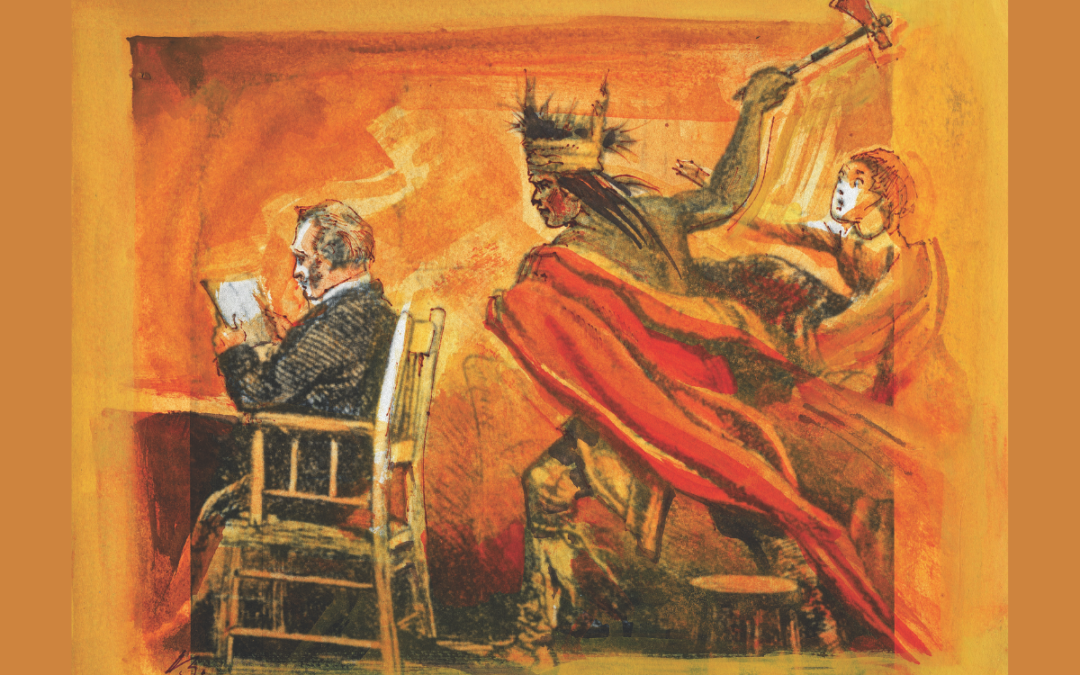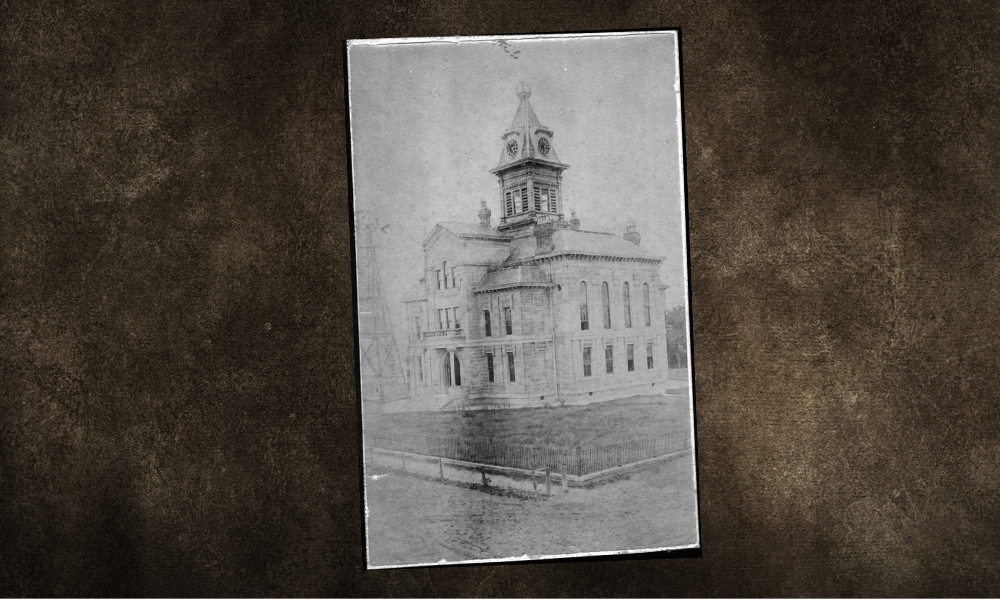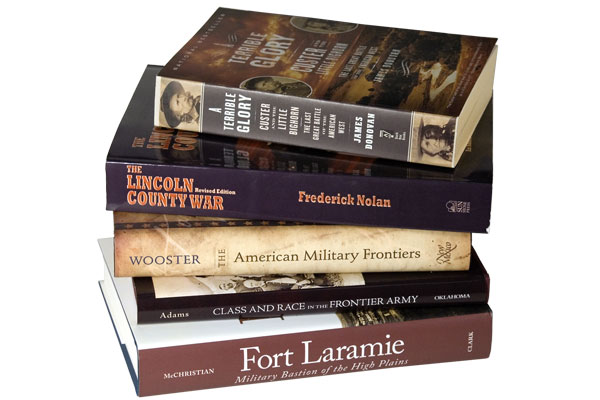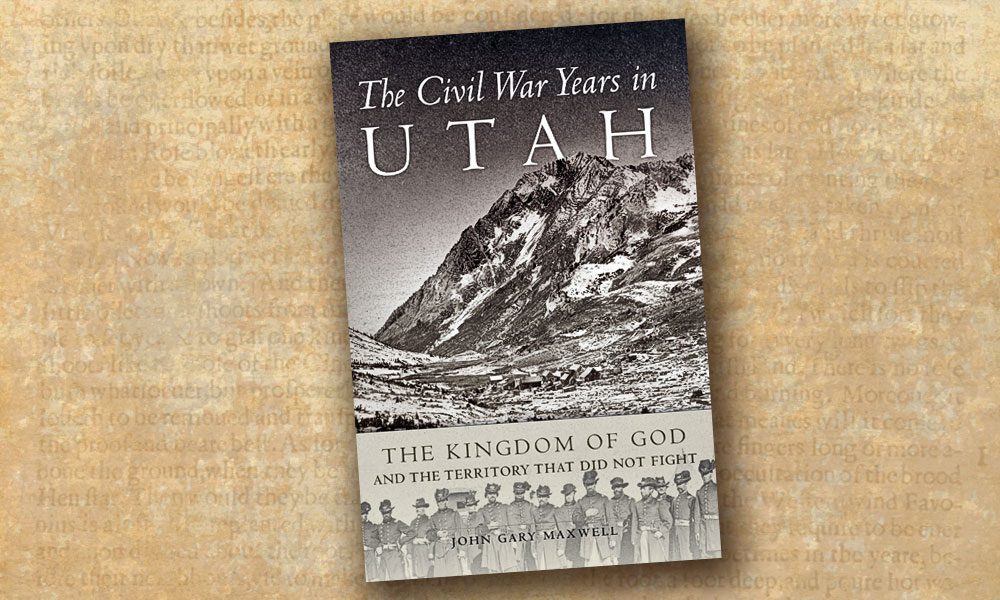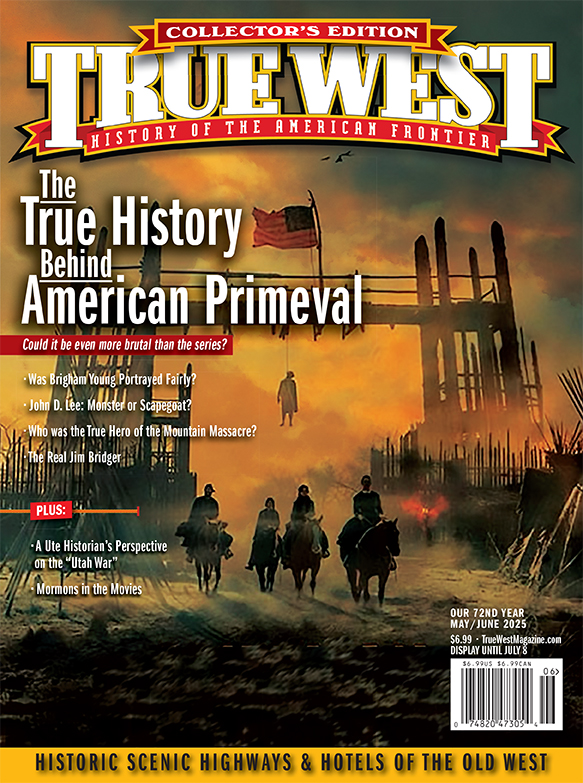They brought sin with them
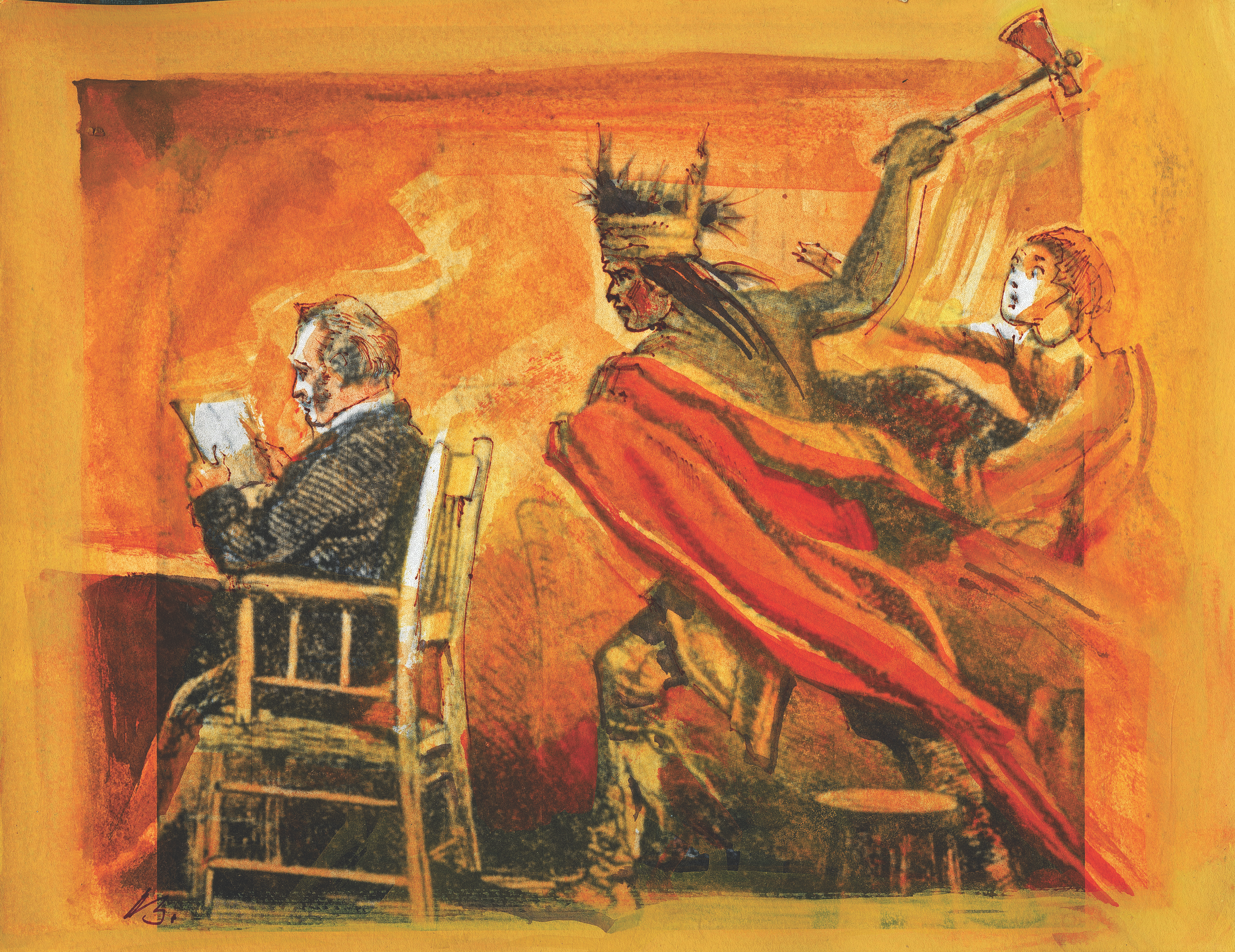
“He who is without sin can cast the first stone…” John 8:7
As the sun rose across the United States on September 12, 1857, the winds of hate and chaos were swirling from coast to coast. In southwestern Utah, buzzards would have glided on the updrafts above the bloated, torn and twisted bodies of 120 or so Americans, who the day before were dreaming of a new life in California. What was left of their hopes and dreams—once packed into their wagons that had traveled for months from Arkansas—was left sprawled and scattered across the grassy plains of a haunted place that would become known as Mountain Meadows. The lonely, sorrowful fate of the Southern emigrants looking for their own New Zion was violence without mercy at the hands of Brigham Young’s Mormon zealots.
The massacre symbolized a nation’s moral fibers unraveling in an uncontrolled downward spiral toward Civil War. But the Meadow Mountain Massacre wasn’t the first 19th-century massacre in the Far West brought on by religious zealotry. Utah was not even the first Western American territory settled by missionaries; Oregon was. With the waning of the fur trade in the 1830s, the Second Great Awakening of Christian faith in New England, and a need for new lands to farm, Christian churches began forming and funding missionary societies to go to Oregon. And with them they brought sin—and settlements. For many decades the fur trappers of France, England and America came and went across the West. The mountain men and the trading posts of empire made alliances with the Western tribes. They trapped and traded, but they did not stay in great numbers. They did not farm or fence beyond their outposts and they did care about sin. But the missionaries did. They also brought disease and fear along with the promise of salvation. Those first missionaries were also the first to take a cart of any kind across what would become the Oregon Trail. They settled across the Oregon Territory. The Whitmans and Spaldings built their missions respectively among the Cayuse and Nez Perce people, in what is now eastern Washington. Tensions grew between the tribes and missionaries as more settlers followed the Oregon Trail to a new “land of milk and honey” in the lush river valleys of Oregon. The settlers brought prejudice and fences—and, of course, they also brought disease and sin. The Whitmans and Spaldings, the earliest of the Eastern missionaries, found themselves at odds with their Cayuse and Nez Perce converts. What they preached seemed counter to their actions—or at least the actions of the hundreds of new settlers filling their Native lands. And Catholic missionaries began to compete with the Protestants for the souls of the Native people.
On November 29, 1847, the Whitman Mission was attacked. The Cayuse tribal leaders, upset over many issues of mistrust with the Whitmans, but especially with a measles epidemic that killed many of their tribe—especially children—killed Marcus and Narcissa Whitman and nine others, and kidnapped 50 others. The Protestant Mission movement in Oregon was effectively over, as the settlers went to war against the Cayuse tribe, and Oregon became a territory in 1848. Some of the perpetrators of the attack were hanged in 1850. Nearly a decade later, abolitionists and secessionists were in unceasing battle for the hearts and minds of citizens, north and south, east and west. From Florida to the Puget Sound, Americans were at war with neighbors and Native tribes. They fought over race, religion, resources and land. In Kansas and Missouri, Americans were killing each other over slavery and states’ rights. That summer, the 1857 Economic Panic created desperation for tens of thousands across the country, especially in the West. In the East, the Supreme Court’s Dred Scott decision ruled that Black Americans were not citizens and nullified the limits of slavery under the Missouri Compromise. President Buchannan was failing on every front. In July 1857, the president ordered 2,500 troops to Utah to confront the rebellious Brigham Young and his self-proclaimed colony of New Zion. Buchannan’s bravado against the zealous Latter-day Saints helped spark the misguided Massacre at Mountain Meadows that had been building for well over two decades—Americans killing Americans without regard for honor or sin. And four years later, America was aflame with the Civil War—the most primeval of violence ever to soak our lands with sin and the blood of our countrymen.

